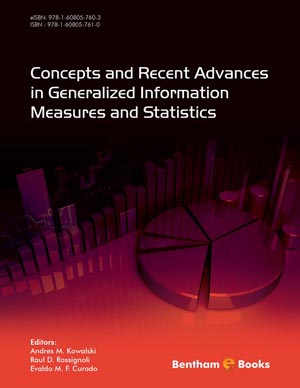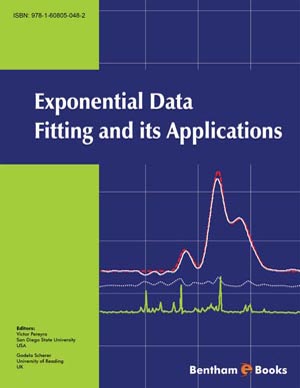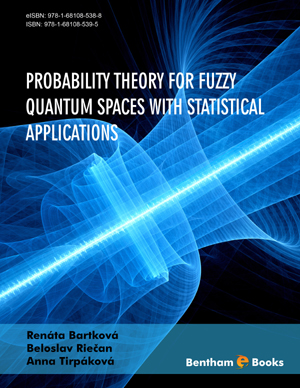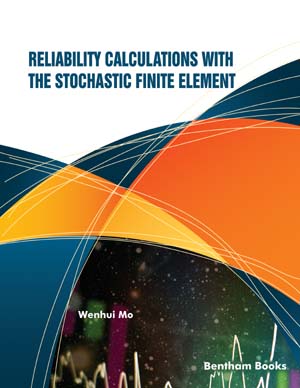Abstract
After being proposed by Professor Lotfi A. Zadeh in 1965, fuzzy set theory has been used in many areas by researchers. Although fuzzy set theory has been used in many areas in the literature, implementation of fuzzy theories and techniques remains a difficult task, and it causes problems. One of these problems is to generate fuzzy ifthen rules. These rules can be constituted by an inference of knowledge of experts, but human knowledge is generally incomplete. With the above problems in hand, in place of fuzzy rule base structures, fuzzy functions approach was proposed by Turksen in 2008. In literature, fuzzy inference systems have been used for forecasting problems. Classical fuzzy inference systems are based on the rules. As mentioned before, fuzzy functions are not based on the rules, and this is an advantage for them. Fuzzy functions approach was carried out to obtain forecasts by using simultaneous variables of other time series as covariates. In this chapter, type-1 fuzzy functions approach has been applied to obtain forecasts of Australian beer consumption and Turkey electricity consumption time series data. The lagged variables of elementary time series have been used as covariates. The performance of type-1 fuzzy functions approach has been evaluated against some recent methods in the literature.
Keywords: Artificial neural networks, Forecasting, Fuzzy c-means, Fuzzy time series, Type-1 fuzzy functions approach.










